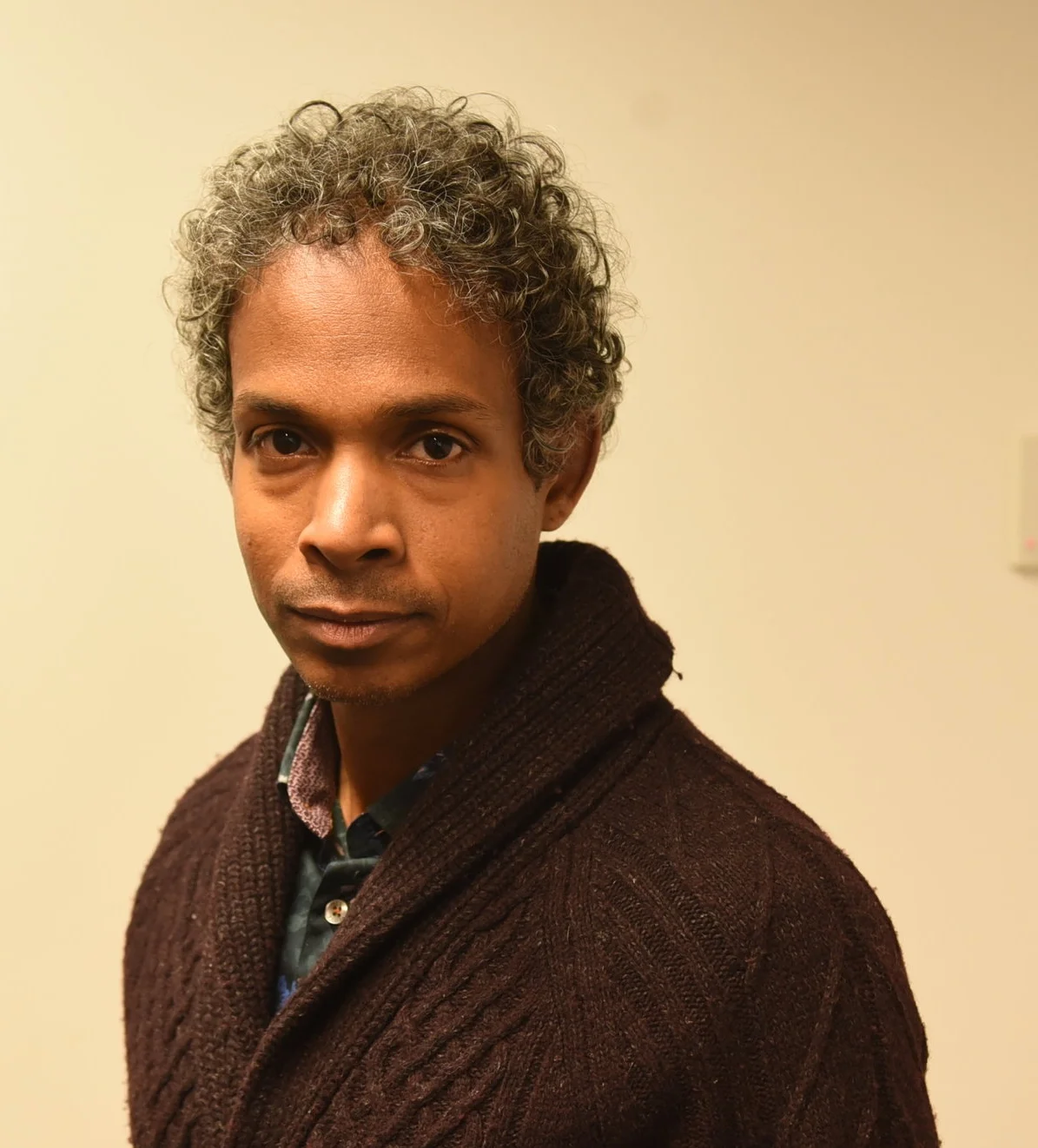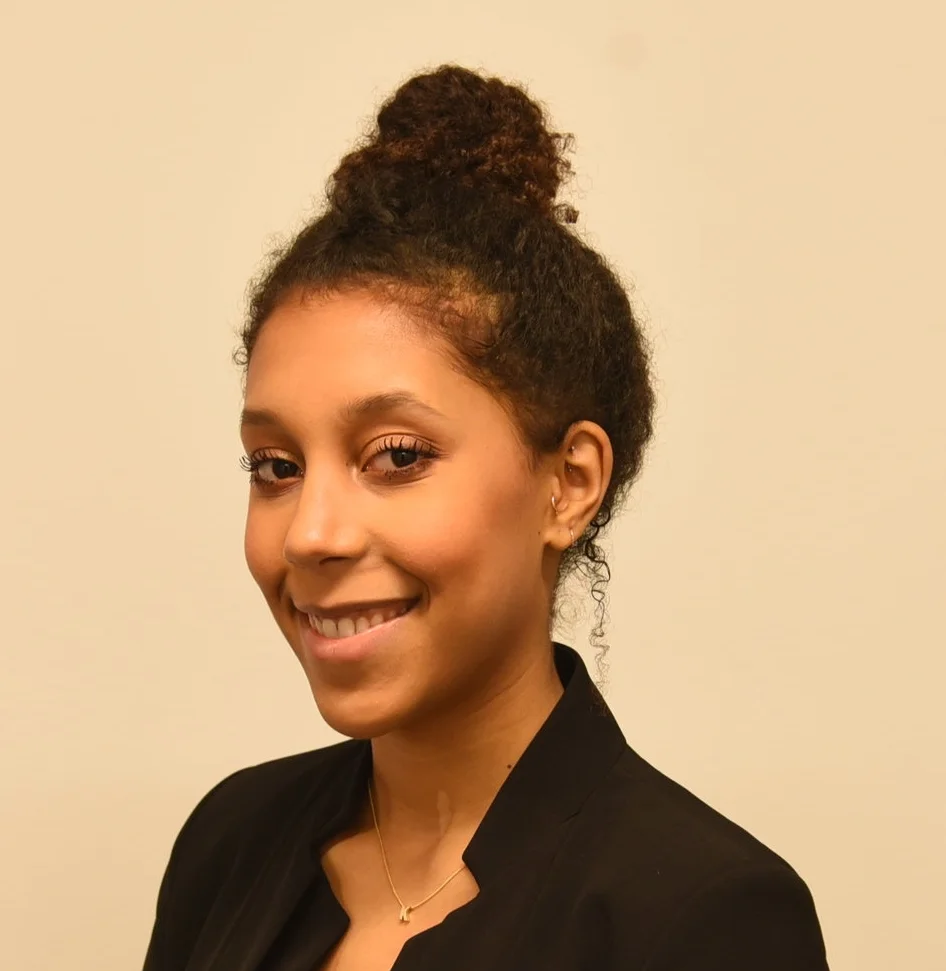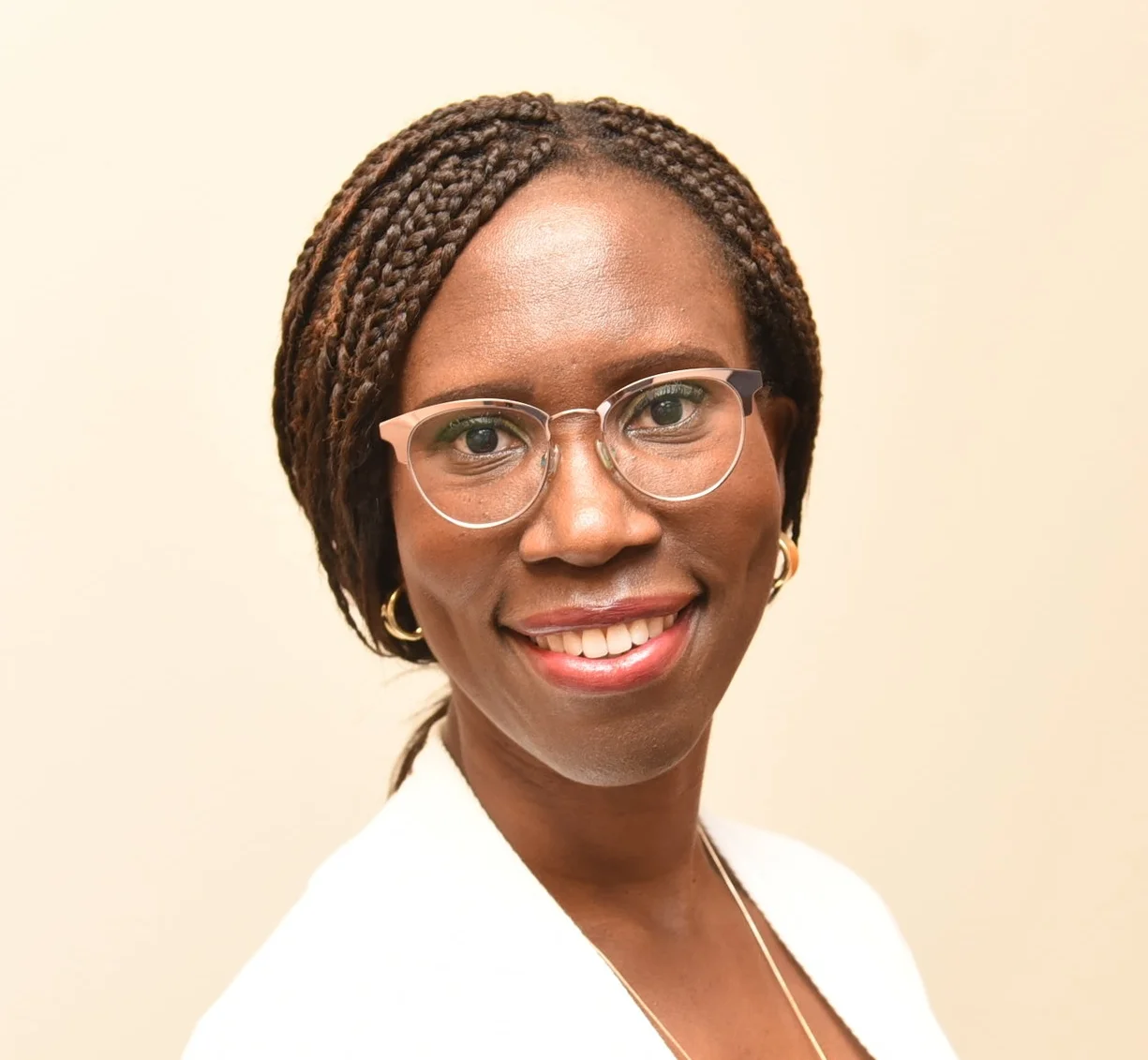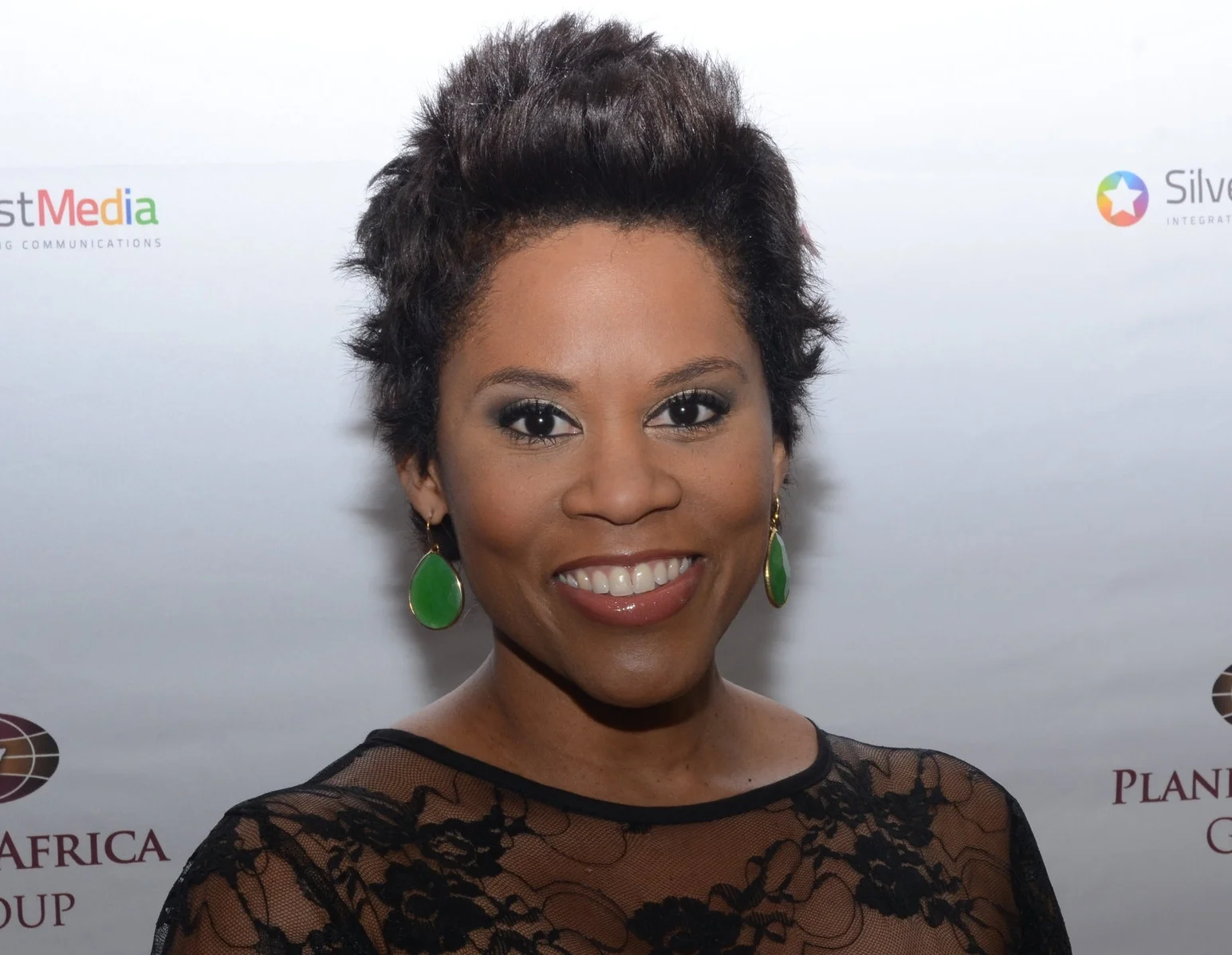Metrolinx executive is one of Canada's most powerful women
November 30, 2017
To be listed among the Women’s Executive Network Top 100 Most Powerful Women in Canada is quite a big achievement for someone from a small Caribbean island.
Metrolinx chief planning officer Leslie Woo is among the community of eminent women who advocate for diversity in the workforce and serve as an inspiration for the next generation of leaders.
This year’s list was unveiled last week.
“I have to pinch myself sometimes when I glance at the company I am in,” said Woo whose leadership in tackling the integration of the $13.5 billion GO Regional Express Rail with local transit initiatives, challenging the status quo on transit fare structures in the Toronto region and her determination to deliver planning that’s built on a strong business case has been recognized nationally.
“On the other hand, I have a strong sense of pride with what I have been able to accomplish. The next thing that comes to mind is all the people who have helped me get to where I am today, and they include my family and peers. I also think about how humbling it is to be counted in. I never would have thought when growing up in a small island that I would be on such a prominent stage like this.”
Shortly after graduating from St. Joseph’s Convent in Trinidad & Tobago, Woo came to Canada in 1978 to pursue environmental studies at the University of Waterloo.
After completing her first degree and a Bachelor of Architecture (honours) and studying urban and regional planning at the graduate level, she worked as a project director for five years while being an adjunct professor and was a key member of the team responsible for developing the Toronto 2008 Olympic bid book.
Prior to joining Metrolinx in February 2008, Woo was the key author of the original Growth Plan for the Greater Golden Horseshoe in 2006 which, 10 years later, resulted in urban intensification totalling nearly 18 per cent increase in multi-family residential development, a two-thirds reduction of greenfield lands consumption and conservation of about 800 square kilometres of agricultural and rural land.
Becoming a member of the Metrolinx team, she said, was a natural progression.
“That plan back in 2006 laid out where people should live and work,” the executive management group member pointed out. “When I got asked by Metrolinx to come and work on their transportation plan, it was about connecting the people to the jobs and the homes. When I started out, my job was to lead the development of that transportation plan to the 2031 horizon. At that time, we were a very small organization. Since then, my job has changed within the organization a few times because we have grown so significantly from not only been a planning organization, but we were conjoined with GO Transit, so we are an operator.
“We operate the bus and rail system and part of my planning job on that front is to do the service planning and make decisions about when to add an extra train or re-route a bus. The third tranche of expansion of our organization is when we were given this large responsibility for building a multi-billion capital program. Then, my job expanded to the project planning, deciding the scope and choices about routing and technology. Those three bundles are a lot of what I do. I also oversee our corporate analytics, research, modelling and forecast in addition to our design excellence portfolio which is the urban, architecture and landscape design of our project. I started out in architecture and it’s like I have gone full circle.”
Woo’s passion for architecture was developed while attending high school in the 1970s in Port-of-Spain, the capital of Trinidad.
“I lived in St. Augustine near the University of the West Indies campus and everyday on the drive to and from school, I passed through Shanty Town in Beetham and thought about the gap between the have-nots there and the haves. That was a starting point for me thinking in terms of about equity and inclusion. When I was trying to choose a career and deciding what to study, I took into consideration my strengths in art, math and physics and the notion of architecture came up. By doing architecture, I figured I would have an opportunity to build and design homes for people that don’t have.”
She said the resilience and resourcefulness associated with Caribbean people has helped her become an influential strategist on urban planning issues internationally and a transit change maker.
“I come from a place where, when you need something and it isn’t available, you will figure out a way to get it done,” Woo, the 2015 Renison University College Inaugural Distinguished Alumna Award recipient, said. “Because there is such a strong sense of community in the Caribbean, you also know how to work with people and get along with them in order to achieve something greater.”
The eldest of three children, Woo lovingly talked about the role that her late maternal grandmother played in her development.
Cynthia Hing King, who died at age 94 in 2007, was a third generation Chinese born in Port-of-Spain.
“She was the family matriarch and she was someone who was very prim and proper,” said Woo. “Grandma served tea in a silver tray and she would have put Martha Stewart to shame. But at the same time, she understood how to enjoy life. So while she could be stiff and upper crust, she was fun loving. She represented so many dimensions of who I am. She kept our family together and always stressed the importance of education, family, finishing what you start and looking good.”
A former member of the Ontario Association of Architects and an Urban Land Institute global trustee, Woo was a 2011-12 International Women’s Forum fellow.
She was among 35 women from 14 countries who took part in the program that offers creative and multi-disciplinary training aimed at developing leadership and strategic management capabilities. The program convenes fellows for 20 days, five of which are spent at the Harvard Business School where they engage in a unique combination of classroom work, case study discussion and peer advice.
Fellows are also required to develop a legacy project that provides them with the opportunity to leverage what they have learned to help expand the leadership capacity of women in their organization and community and create a ripple effect that empowers more women to aspire to leadership roles.
“I wanted to link what I had learned about women’s leadership with my enthusiasm and passion for city building,” said Woo who established a blog, ‘She Builds Cities’. “That became an excuse to interview really interesting women and it became a platform for me to learn how to have a blog and website. It combined the things I am passionate about and it helped me put out a bunch of news about how I see where we are going and describing and articulating how I felt about where I was from and my style of leadership while showcasing other women.”
The co-founder of the Women’s Leadership Initiative Toronto chapter, Woo has taken a keen interest in supporting and mentoring young women in the city building sector. She is also a champion for driving corporate sustainability, innovation and design excellence and leads Metrolinx’s network for women in management.
Last month, Metrolinx unveiled a draft transportation plan aimed at a ‘seamless transportation system’ without a dependency on cars for Greater Toronto & Hamilton Area transit users by 2041.
“What we want to have is a region where people have way more choices,” Woo said. “There are parts of the region where the car is the only viable choice to get around. We need to shift that. I don’t know if we would ever get to a place where we have zero cars, but we have an imbalance where there’s too high a dependency on automobiles and our infrastructure on the roads and highways are way beyond their limits. We need to create more options, whether it be subways or light rapid transit.”
Named Canada’s Women Infrastructure Network Outstanding Leader two years ago, Woo believes that power by influence has more impact than power by title.
“If your motive is to rise up through a hierarchy to become a president, chief executive officer or the most important person in that organization, that is less important to me,” she noted. “So I have always focussed on what is the impact that I am working on is going to have for change to make a better city, to have a cleaner environment and to enable others to have more access to jobs. I have chosen work based on that as opposed to based on titles. In other words, my career hasn’t been a clear trajectory through progression levels. It has sort of zigged and zagged and I have gone sideways and taken salary reductions because of a particular role. What guides me in making my choices is about impact. I want to make a difference.”
Though she’s an extremely busy professional, Woo ensures she spends quality time with her family.
Last February, she and her two children – they are in their 20s – were in Trinidad & Tobago for carnival.
“We have been there several times, but never for carnival,” she said. “We played mas’ and J’ouvert and took in the Panorama finals. I hadn’t played mas’ in a long time, so it was good to have some fun and also join other family members to celebrate my mom’s 80th birthday.”
Woo’s father, Evans ‘Ken’ Woo, died five years ago.






